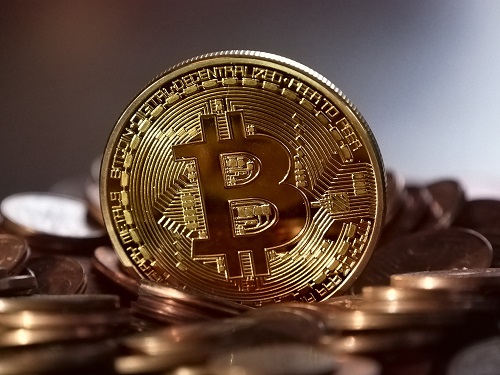
What is behind the cryptocurrency Bitcoin’s phenomenal rise in values, from $800 last year to $17,000 today? Is this a bubble or a durable value, and what are the ethical implications behind using a currency that may aid such causes as organized crime and North Korea’s nuclear program? What is Bitcoin, anyway?
Philip Booth answers these questions in a new essay for Acton’s Religion & Liberty Transatlantic website.
In a fascinating look at the new frontier of currency, Booth examines whether Bitcoin’s skyrocketing price is irrational:
It is easy to see how people might expect the price of Bitcoin to rise. Bitcoin is used for a minuscule proportion of all transactions. If it is used for more transactions, the demand for Bitcoin will increase and, given the current low usage of Bitcoin, the transactions demand could increase enormously. It is perfectly reasonable for investors to anticipate such an increase in demand.
In his expert essay, Booth – a professor of finance, public policy, and ethics at St. Mary’s University, Twickenham (the UK’s largest Catholic university), as well as a senior academic fellow at the Institute of Economic Affairs – addresses currency speculation by writing that one can make:
a strong case based on Catholic social teaching that speculation, as such, is not unethical. It can perform a useful economic function. For example, the short selling of bank shares can discipline management when management is behaving imprudently. On the other hand, speculation designed simply to make more money can lead to temptation to sin and to market abuse.
His essay details a design flaw that, he believes, will limit Bitcoin’s use and efficacy. Explaining the issue which leads to its inherent volatility in ways that are easily understandable, he states the reasons that he believes Bitcoin “is not a good store of value.”
“Other cryptocurrencies may well become the money of the future,” he writes. “But a currency the value of which is as volatile as that of Bitcoin is more likely to remain a niche player.”
(Photo credit: Public domain.)

